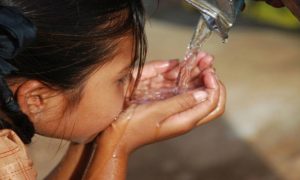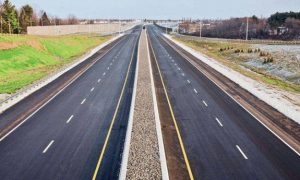Researchers from the University of Connecticut tested four kinds of face masks: a surgical mask; an N95 respirator; a gaiter, which covers the neck and goes over the nose and mouth; and a sport mask.
Worried about how to work out with masks on? A new study shows that exercising with a face mask on does not significantly increase body temperature or heart rate during exercises finds a study.
Researchers from the University of Connecticut tested four kinds of face masks: a surgical mask; an N95 respirator; a gaiter, which covers the neck and goes over the nose and mouth; and a sport mask.
None of them significantly increased body temperature or heart rate compared to the group without a face mask, revealed the study recently published in the journal Sports Health.
Participants walked or jogged for 60 minutes in a 90 degree-Fahrenheit environment at low to moderate exercise intensities.
“Before this study no one knew if wearing a mask in the heat would add additional stress to an exercising individual. While we know masks are important to prevent transmission of Covid-19, we didn’t know if exercising with a mask in the heat, where your body is already managing additional stressors, would impact safety,” said Ayami Yoshihara, director of Sport Safety at UConn’s Korey Stringer Institute.
Yoshihara and her team also measured the humidity and temperature inside and outside of the face mask. They placed a sensor inside and outside of the face masks on participants’ faces.
They found the sport mask and gaiter became significantly more humid as the materials absorbed more sweat and water vapour from exhaled air.
While participants did report a greater degree of breathing discomfort during exercise with a face mask because of the changes in humidity and temperature inside of the mask, there was no relationship between reported discomfort and measures of body temperature and heart rate.
Yoshihara hopes this research can help shape guidelines for athletes who are exercising and competing during the summer and into the fall while ambient temperatures are still high.
“It’s feasible and safe to use masks during low to moderate intensity exercise in the heat,” Yoshihara said.



































